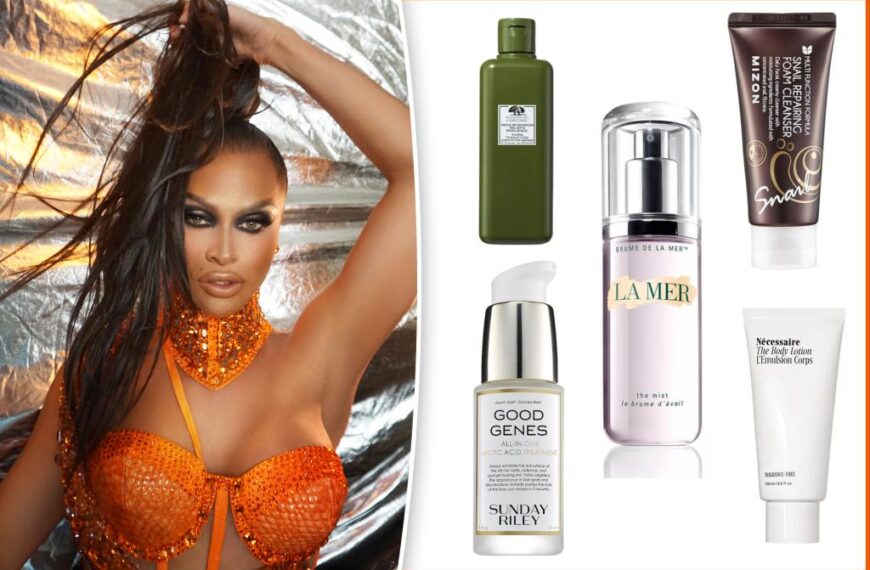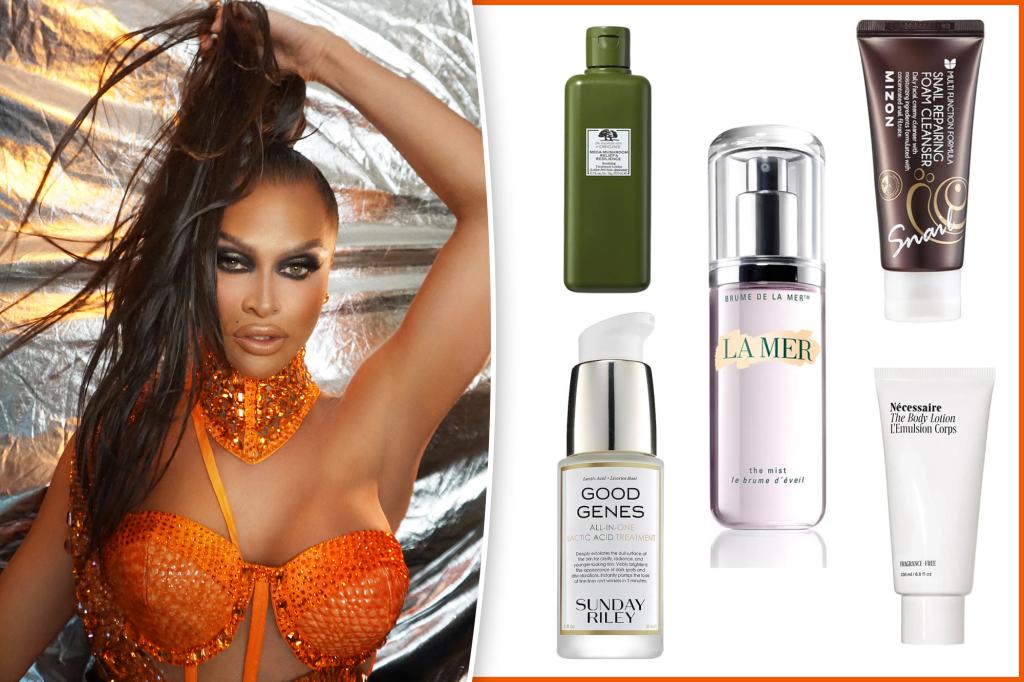
Image Source: FreeImages
The Ultimate Guide to Keeping Your Skin Healthy and Hydrated During Colder Months
As the seasons change and the temperature drops, it’s not just your wardrobe that needs adjusting. Your skincare routine also requires some modifications to combat the dryness and irritation that colder weather can bring. Cold air, coupled with indoor heating, can leave your skin feeling flaky, itchy, and dehydrated. But fear not! With a few simple tweaks to your skincare regimen, you can maintain healthy and hydrated skin throughout the fall and winter months. In this comprehensive guide, we will explore expert tips and advice on how to keep your skin in optimal condition during the colder seasons.
Understanding the Impact of Cold Weather on Your Skin
To comprehend the importance of adjusting your skincare routine, it’s vital to understand how cold weather affects your skin. Dr. Brittany Craiglow, an associate adjunct professor of dermatology at the Yale School of Medicine, explains that the outermost layer of your skin, known as the lipid barrier, plays a crucial role in maintaining hydration and protecting against external irritants. However, when temperatures drop, the air becomes drier, both indoors and outdoors, leading to a decrease in moisture levels within the lipid barrier. As a result, skin cells struggle to renew themselves, leading to dry, flaky, and even scaly skin.
While anyone can experience dry skin during colder months, certain individuals are more susceptible. Older adults and those with conditions like eczema are particularly prone to dryness and irritation, according to Dr. Jeffrey Weinberg, a clinical professor of dermatology at the Icahn School of Medicine at Mount Sinai. However, it’s essential to note that dry skin can affect anyone and should not be overlooked. In fact, neglecting dry skin can lead to more severe issues such as itchiness, eczema flares, and even skin infections.
The Impact of Eczema on Your Health
Beyond the discomfort it causes, eczema can have long-term consequences for your overall health. Research suggests that individuals with moderate to severe eczema, covering 10 percent or more of the skin’s surface, may experience increased levels of inflammation in the blood. This inflammation can potentially elevate the risk of cardiovascular disease and dementia. However, treating more severe cases of eczema has shown to reduce inflammation, as highlighted by Dr. Emma Guttman-Yassky, a professor of dermatology and immunology at the Icahn School of Medicine at Mount Sinai.
Adjusting Your Skincare Routine for Fall and Winter
To keep your skin healthy and comfortable during the fall and winter, it is crucial to make some adjustments to your skincare routine. Dr. Brittany Craiglow emphasizes the importance of starting a skincare routine early to prevent or minimize the adverse effects of colder weather. By following the tips below, you can proactively care for your skin and avoid common issues associated with the fall and winter seasons.
1. Opt for Shorter, Cooler Showers
Long, hot showers may be tempting when the weather is chilly, but they can strip the natural oils from your skin, exacerbating dryness. Instead, consider taking shorter, cooler showers to help retain moisture. Dr. Craiglow advises this especially for individuals experiencing eczema flares or exceptionally dry skin. Additionally, switch to a fragrance-free soap or cleanser, as fragrances can further irritate dry skin.
2. Moisturize Immediately After Showering
Moisturizing is key to combatting dryness, and timing is crucial. Dr. Craiglow suggests applying moisturizer to your face and body while your skin is still damp after showering. This helps seal in the moisture from the shower, preventing it from evaporating and leaving your skin dehydrated. When choosing a moisturizer, opt for bland, fragrance-free options. Brands like Aquaphor, Cetaphil, CeraVe, and Vanicream are highly recommended by dermatologists.
3. Consider Thicker Moisturizers
While petroleum jelly is considered the gold standard for moisturizing, you can also opt for creams or lotions if you prefer lighter textures. Dr. Jeffrey Weinberg explains that it’s better to use a cream or lotion regularly than to neglect an ointment due to its greasiness. Ultimately, consistency is key when it comes to moisturizing, so find a product that suits your preferences and use it after bathing or whenever your skin feels dry.
4. Don’t Forget to Moisturize Your Hands
Our hands are often exposed to harsh elements during colder months. Frequent hand washing and the use of hand sanitizers can strip away the skin’s natural oils, leading to dryness and irritation. Dr. Weinberg advises wearing gloves when outside and moisturizing your hands immediately after washing to replenish lost moisture. Neglecting hand care can weaken the lipid barrier and make it easier for pathogens to enter the body.
5. Invest in a Humidifier
Indoor heating can significantly contribute to dryness, especially in apartment buildings with dry heat. To counteract this, Dr. Weinberg recommends using a humidifier to add moisture to the air. However, it’s crucial to clean the humidifier regularly and change the water daily to prevent the growth of bacteria.
6. Hydrate from the Inside Out
While there is no concrete evidence that specific diets or supplements directly hydrate the skin, staying adequately hydrated and consuming good fats can support a healthy lipid barrier. Dr. Dina Strachan suggests drinking sufficient water and incorporating foods rich in good fats, such as avocados, walnuts, and olive oil, into your diet to promote skin health.
7. Seek Professional Help When Necessary
If your dry skin is persistent, causing discomfort, and not responding to home remedies, it is advisable to seek the expertise of a dermatologist. Dermatologists can provide tailored advice and prescribe appropriate treatments to address underlying skin issues. Moreover, with advancements in eczema therapies, a combination of smart skincare practices and topical steroid creams can make a significant difference in managing eczema symptoms.
Conclusion
As the fall and winter seasons approach, it’s essential to adapt your skincare routine to combat the dryness and irritation brought on by colder weather. By following the expert tips outlined in this comprehensive guide, you can maintain healthy and hydrated skin throughout the year. Remember to adjust your bathing habits, moisturize regularly, protect your hands, invest in a humidifier, and prioritize hydration from within. And if your skin concerns persist, don’t hesitate to seek professional help. With careful attention and proactive skincare, you can enjoy glowing and comfortable skin all year round.
Disclaimer: This article is for informational purposes only and should not be considered medical advice. Always consult with a dermatologist or healthcare professional for personalized recommendations.











